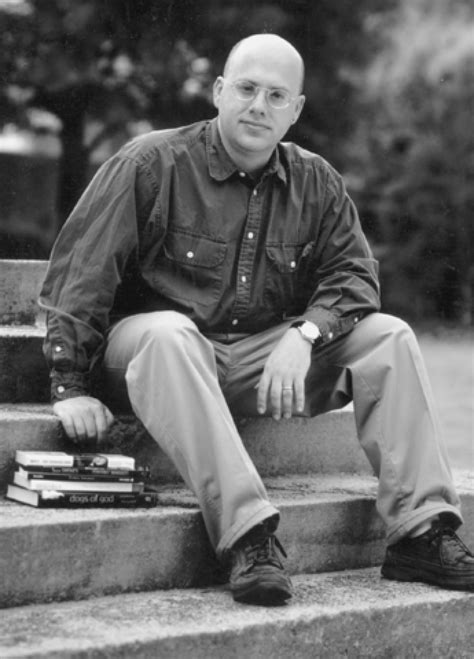A Quote by Lawrence O'Donnell
If a reader comes across a story that makes them cry, you can be sure that the writer felt every single thing that makes the reader cry.
Related Quotes
The analytical writer observes the reader as he is; accordingly, he makes his calculation, sets his machine to make the appropriate effect on him. The synthetic writer constructs and creates his own reader; he does not imagine him as resting and dead, but lively and advancing toward him. He makes that which he had invented gradually take shape before the reader's eyes, or he tempts him to do the inventing for himself. He does not want to make a particular effect on him, but rather enters into a solemn relationship of innermost symphilosophy or sympoetry.
The first rule is you have to create a reality that makes the reader want to come back and see what happens next. The way I tried to do it, I'd create characters that the reader could instantly recognize, and hopefully bond with, and put them through situations that keep the reader on the edge of their seat.
We must be forewarned that only rarely does a text easily lend itself to the reader's curiosity... the reading of a text is a transaction between the reader and the text, which mediates the encounter between the reader and writer. It is a composition between the reader and the writer in which the reader "rewrites" the text making a determined effort not to betray the author's spirit.
Every reader, as he reads, is actually the reader of himself. The writer's work is only a kind of optical instrument he provides the reader so he can discern what he might never have seen in himself without this book. The reader's recognition in himself of what the book says is the proof of the book's truth.
Sometimes when I'm alone I Cry, Cause I am on my own. The tears I cry are bitter and warm. They flow with life but take no form I Cry because my heart is torn. I find it difficult to carry on. If I had an ear to confide in, I would cry among my treasured friend, but who do you know that stops that long, to help another carry on. The world moves fast and it would rather pass by. Then to stop and see what makes one cry, so painful and sad. And sometimes... I Cry and no one cares about why.
It is easier for the reader to judge, by a thousand times, than for the writer to invent. The writer must summon his Idea out of nowhere, and his characters out of nothing, and catch words as they fly, and nail them to the page. The reader has something to go by and somewhere to start from, given to him freely and with great generosity by the writer. And still the reader feels free to find fault.































